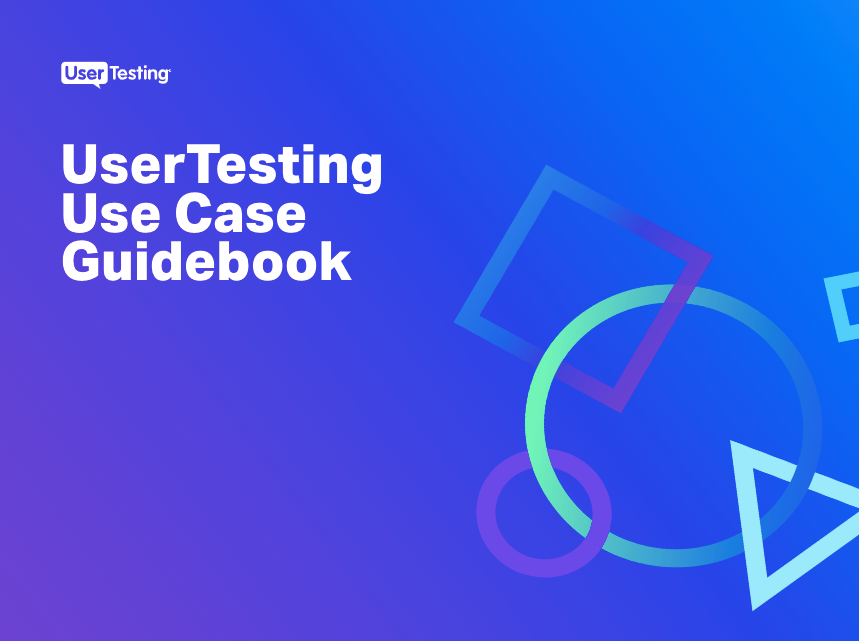
Will AI replace your smartphone?

Can you imagine life without your smartphone? Seriously. The last time I forgot mine at home I felt a bit lost, disconnected, and just plain naked. Like I’d left an arm or a leg at home. Yet the fact that, according to a survey conducted by the Mobiel World Congress, 79% of smartphone users are never more than an arm’s reach from their phones, I know I’m not alone. So when I started to hear rumblings that smartphones could be on their way out in the next few years, I almost choked on my coffee. How could such a useful—and addictive—device ever be pried from our hands? The answer could be artificial intelligence (AI). A quick disclaimer before we get started. There’s some debate about what constitutes true artificial intelligence, versus machine learning, natural language processing, or cognitive computing. For simplicity sake, I’m going to refer to all of it as AI in this article. At first, it’s hard to imagine how AI could be such an integral part of our lives without our smartphones. After all, most of us got our first taste of AI with the likes of Siri. Yet almost in line with a science fiction plot, AI is moving beyond just being a part of the devices we use every day, to rendering them obsolete. The reason why AI is gaining popularity is in part due to consumers’ demand for a seamless, effective, and enjoyable customer experience. And what better way to enhance an experience than to integrate it into everyday interactions? Wearables that keep track of your health or connected devices in your home that respond to your voice is just the beginning of device-less interactions that won’t require you to pick up your phone. In a recent study conducted by Ericsson-owned ComsumerLab, one in two smartphone users said they preferred AI interfaces over devices with screens. Sound like science fiction? Read on for three reasons why AI could be taking over from mobile devices as the CX platform consumers prefer.
1. Handhelds aren’t so handy
There was a time when our mobile devices fit easily in our hands. But now the latest mobile devices are getting too big to fit in our pockets, let alone our hands. And despite our knowledge that users tend to do most interacting with their smartphones with their thumbs, the larger screens make it nearly impossible to use these devices naturally. And while there’s a lot our mobile devices can do, there are still some tasks that we prefer to do on a desktop. Replying to email, or making complicated travel arrangements are a chore to do (if not impossible) on a smartphone. Now imagine if you didn’t have to pick up that phone in the first place. Instead of typing out an email reply, you simply said out loud, “Reply to Bob,” and dictated your email. AI has the potential to remove the need for not only smartphones but desktop devices as well.
2. The path of least resistance
We already know that our brains love efficiency. If there’s an easier way to get something done, that’s the option we want. Let’s do a little test. Imagine ordering a pizza with your smartphone. To order, you have to pick up the phone, turn it on, find the app, open the app, and go through all the steps to complete your order. Now imagine making that same order by using a voice-activated assistant embedded in the walls of your home. To make the same order, you simply call it out from the comfort of your couch—or anywhere else. Our mobile devices require us to take several extra steps—some of which are pretty cumbersome, like typing on a small screen. But those extra steps may become unnecessary very soon, and have already in some cases. Just ask anyone with an Amazon Echo (aka Alexa) which is easier: grabbing a phone to ask Siri a question, or simply asking their question out loud. Connected devices in our homes, like your washer and dryer, are paving the way for AI, too. How many times have you started a load of laundry, then promptly forgot about it until your laundry room started to smell a tad moldy? AI interfaces allow us to go about our days without being bothered to remember the little things. If the laundry’s done, the machine will let us know. That frees up more brain space for other things, and our minds really love that.
3. A personal assistant
This is where things start to linger into controversial territory. But we’ve been here before. Some of you may remember when encyclopedias were only available in hardcover book format. Researching a paper for school meant cross-referencing tons of information, and then scouring through stacks and stack of encyclopedias to try to weed out the information you needed. All the while your brain had to keep track of how every piece of information related to the other, keeping multiple lines of inquiry running simultaneously. When the world began to go digital, suddenly that information became scannable and searchable. That’s great for simple inquiries, but for complex tasks, our brains still couldn't handle all the information that’s out there. We need an assistant. Whatever you’re trying to accomplish, AI can do it faster, more accurately, and with less effort than if you’d done it on your own. And some AI interfaces can do it so well, you won’t even know you’re dealing with a machine. And this applies to much more than just our personal lives. AI could have a real impact on businesses as well. Imagine a system that can act as a project manager, overseeing projects of 20,000 employees, adjusting timelines and deliverables based on local market conditions, weather, time zones, and holidays. All while still remembering each employees’ birthday, anniversary, health insurance coverage, and favorite color. All the systems we depend on now to manage our work and the people that do it can be done by AI in the blink of an eye. It’s hard to imagine life without smartphones or the internet. But not so long ago we had to get directions from a paper map and do our research from a stack of dusty books. At the time, those interfaces may not have seemed so inconvenient, but now they seem archaic. As AI continues to work its way into our lives, the possibilities to improve our experiences only exceed our imaginations. Every time you uttered, “I wish my phone could…” chances are AI could provide that solution. The day may not be far off when the majority of people aren’t out of voice range from their AI.
Want to learn more?
If you’d like to learn how UserTesting can help you understand your customers through on-demand human insight, contact us here.
In this Article






